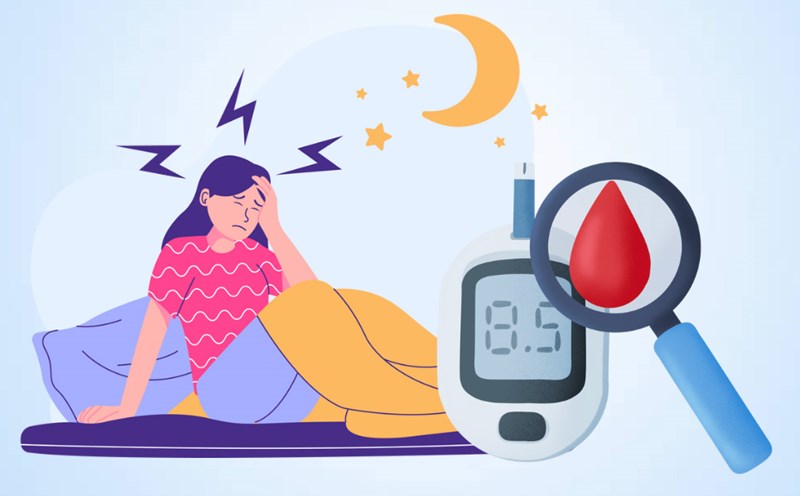Lack of sleep not only makes the body tired but also directly affects emotions and spirit.
According to neur surgeon Brian Hoeflinger (working primarily at Mercy Health, USA), there are three important things you should do to recover better from an overnight sleeplessness.
Dr. Hoefinger emphasizes that lack of sleep causes the almond gland, the emotional center of the brain to become overactive.
This explains why after just one night of poor sleep, people can easily become irritable, stressed and more sensitive than usual.
A sleepless night can overreacts to the inherently small things, Hoefling explains.
To reduce this negative impact, doctors give three practical tips:
Drink enough water: Insomnia often results in fatigue and lack of energy. Supplementing enough water will help increase alertness, support the circulatory system and improve concentration.
Natural light exposure: Enjoying sunlight in the morning helps regulate sleep and wake cycles, while awaking the brain to regain balance. This is an important factor that helps the body not fall into a state of negligence all day.
Maintain stable bedtime: Instead of catch-up sleep during the day or going to bed unusually early, you should maintain your familiar bedtime. Stable habits will help the biological clock to be re-established faster, thereby improving sleep later.
Those are three simple steps I always follow the next day. They help me feel more balanced, even after a sleepless night, Dr. Hoefling shared.
Medical studies have long shown the importance of sleep in regulating emotions, supporting memory and regenerating energy, according to hindustantimes.
Prolonged lack of sleep can lead to more serious consequences, including reduced immunity, mood disorders and increased risk of cardiovascular disease.
Hoefling encourages people to form healthy sleep habits: avoid late caffeine, limit electronic devices before bed and create a quiet resting space. Quality sleep is the foundation for a healthy heart and a stable spirit, he emphasized.











